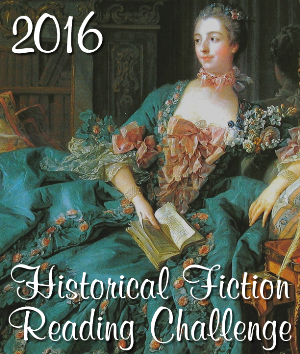Colson Whitehead’s novel The Underground Railroad was one of the most discussed books of 2016, so if you haven’t read it, chances are you know something about it. In any case, it is the story of runaway slave Cora who is making her way north from a Georgia plantation using the Underground Railroad, which in Colson’s novel is not a metaphorical name for the network sympathizers, abolitionists, former slaves, and others who helped escaping slaves on their way to freedom but an actual technological marvel—a railroad, under the ground. The book has been compared to Gulliver’s Travels, which earns a mention in the reading of Cora’s friend and fellow escapee, Caesar. At each station or stop in Cora’s journey, she is confronted with a different sort of evil that Americans have perpetrated against their fellow Americans, from bringing them to America in chains, to lynching, to terrorism, to more subtle means of subjugation and deception, such as medical experimentation.
My book club selected this to read, and I knew our meeting was coming up, but I wasn’t sure when until one of my friends reminded me. It’s this coming week! I wasn’t sure I could finish the book in time for our meeting, but I decided I had best pick it up and read at least some of it, especially because I was one of the members who suggested we read it.
I actually couldn’t put it down, and I read it in two big gulps over yesterday and today. I don’t think I’ve ever read anything quite like it. Whitehead plays with documented historical fact, entwining it with speculative fiction, imagining an antebellum America where South Carolina had skyscrapers and an actual railroad leading slaves north ran underground. These fantastic aspects of the novel allow Whitehead to explore the broader history of the African-American experience through the eyes of a single character. The only other way I think he could have done it would have been a sort of immense Roots-like multigenerational epic rather than this tight narrative that allows us into the life of one character. It also allows Whitehead to show the scope of the atrocity of slavery and racism in all its depth and breadth. It’s hard to put down—I wanted to see Cora to safety in the North so badly, that I sat and read for two days! I can’t give the ending away, but I will admit I needed more satisfaction after following Cora on her odyssey all that way. And as much as anything else, the ending has to be that way because it is the truth about the African-American experience.
This novel hit me like Beloved. I credit Beloved with finally helping me get it, as a white woman. After reading Beloved, I felt like for the first time, I had a small understanding of what the lingering and devastating effects of slavery on our country. Of course I can’t ever really understand what I haven’t experienced, but through books like Beloved and The Underground Railroad, I can gain empathy I didn’t have before I read them. This book is Beloved for the next generation. It’s a critical book for our times, just as Between the World and Me is critical. In fact, I recommend they be read back-to-back if you haven’t read either book yet. It’s a wonderful book, and it might be the best one I read all year. It’s certainly in the top five.
Ron Charles (as usual) has a great review in the WaPo. Michiko Kakutani liked it, too, and she is tough. Definitely read both reviews, which capture the power of this novel better than I have been able to do here. As Kakutani so astutely notes in her review, quoting Faulkner, “the past is never dead. It’s not even past.” In the case of this book, I’m not sure I’ve ever read a book ostensibly about slavery that also so accurately describes our own moment in history.
Rating:




Set in the antebellum South as Cora travels from Georgia to Indiana and that vague fantasyland known as “North,” though with some elements of speculative fiction, this book works for the Historical Fiction Challenge.


YES to the last sentence of this review. I thought Whitehead did such a great job talking about different forms of bigotry and oppression in a way that called to mind the different forms racism continues to take in modern society. Such an impressive book.